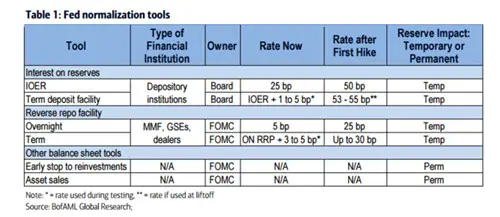Rival political parties in South Korea failed to pass a bill on nuclear security, adopted in the Seoul Nuclear Security Summit (NSS) in 2012, just a week ahead of the third NSS in the Netherlands.
The third NSS will be held in The Hague from March 24 to 25.
Global leaders from about 70 countries agreed in 2012 to ratify the bill on preventing nuclear terrorism through their respective parliaments by the end of 2014.
South Korea, which chaired the second Nuclear Security Summit in Seoul, had yet to revise the act on protecting nuclear facilities and preventing nuclear accidents amid political wrangling.
The ruling Saenuri Party offered to hold an extraordinary session this week to pass the bill before President Park Geun-hye leaves for the Netherlands.
The main opposition Democratic Party said the extraordinary session only for one bill cannot be held, claiming that other bills, which the opposition party has wanted to pass, should be dealt with together.
South Korea is required to pass the bill to reflect two international treaties on preventing nuclear terrorism in its domestic law.
President Park said at a cabinet meeting that it was very regrettable for lawmakers to fail to pass the bill in order to link the bill to other bills.
During the 2012 summit, South Korea stressed the importance of, and promised the ratification of, suppressing nuclear terrorism and protecting nuclear material, but the bill had yet to be passed, Park said.
Park said the bill is more important to South Korea than any other nations as the country is under nuclear threats from the Democratic People's Republic of Korea (DPRK), stressing the need to exercise its diplomatic power at the biennial summit given possibilities for the DPRK's nuclear weapons to be used in various ways.
 简体中文
简体中文








